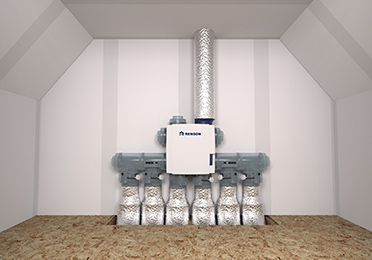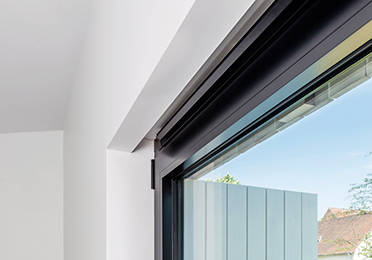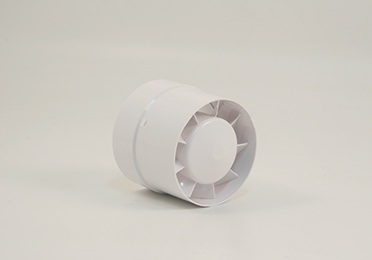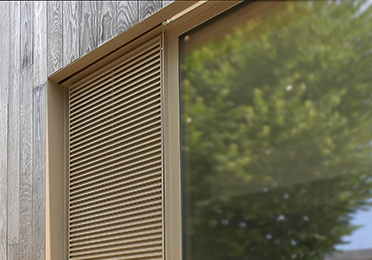
Getting rid of and preventing bad and musty smells in the home
CAUSES OF BAD AND MUSTY SMELLS IN THE HOME
Noticed an unpleasant smell lingering in the home and want to track down the cause? It's often easier said than done. Some causes are pretty obvious — pets, for example, or waste piling up in the bin — but musty smells can also be caused by the most basic tasks around the home. To help you track down the exact cause of any bad smells in your home, we'll run you through the most common culprits below.
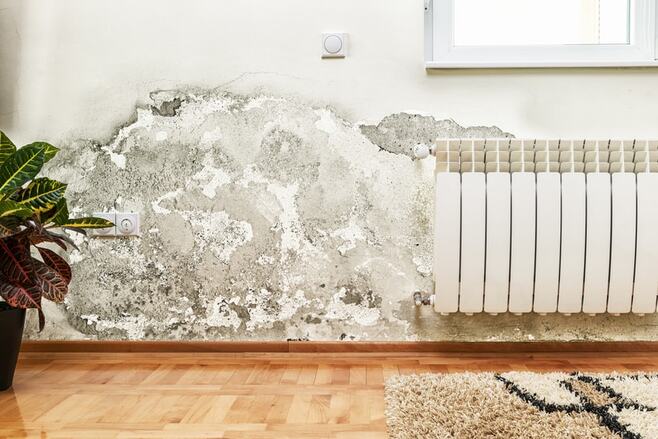.jpg)
Damp issues and mould
Mould and damp issues are one of the most commonly seen causes of bad and musty smells in the home. When the air around your home is too humid, mould may start to form. Mould thrives in humid conditions and is able to feed on organic materials such as wallpaper, wood and dust. The stench released as part of this can easily permeate into the things you're storing around the home. For that exact reason, we recommend that you resolve any damp issues in the home as quickly as possible to prevent the problem from getting out of hand. Proper ventilation is an essential part of this.

Cooking odours
We don't need to tell you that cooking releases a lot of smells — and if you're whipping up something delicious, these smells will of course be irresistible. Even so, cooking odours can cause a musty and bad smell in the air over time. This happens because these smells can settle on furniture, curtains and carpets, meaning it is harder to get rid of them. An extractor hood can offer a solution in this situation. When you use an extractor hood while cooking, any vapours released are extracted outside, keeping the air inside of your home much fresher. One thing to remember is that it is important to regularly clean the extractor hood to prevent any blockages and make sure it can continue to operate effectively.
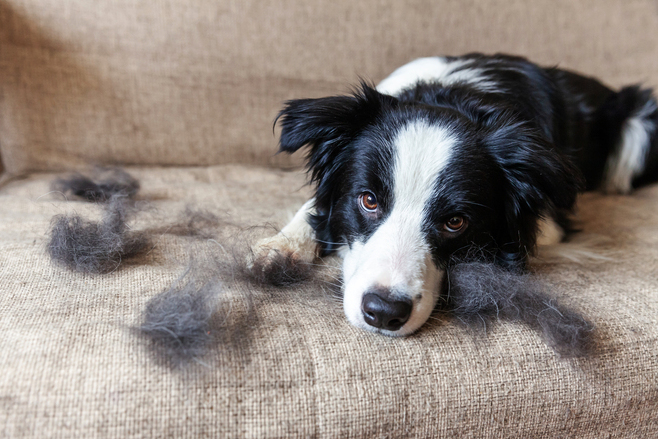
Pets
Pets can cause musty and bad smells around the home due to a range of factors. First of all, their dander and hair can accumulate on furniture, floors and carpets, causing a strong odour. On top of that, pets may occasionally forego their usual toilet spots and go indoors instead, which will of course leave an unpleasant stench. Dirt and bacteria may also build up on their food and drink bowls and toys, again causing a strong smell. Regular cleaning and letting fresh air into the home, plus taking good care of your pets and keeping them clean, can help reduce these smells.

New furniture
Bringing new furniture into the home may also occasionally cause a musty and intrusive smell. This is because new furniture often contains chemicals that spread a strange odour. For that reason, it's important to air furniture properly before you start using it. If the smell doesn't vanish over time, it may lead to headaches and irritation of the airways. Should the odour persist, it might be a good idea to return the furniture in question and start looking for an alternative.

Dust and dirt piling up
Dust and dirt can easily pile up around the home on surfaces such as lamps and radiators. Over time, this accumulation of dust and dirt may lead to a musty and bad smell in the home, as dust and dirt have a tendency to trap any odours. When you then turn a lamp or radiator back on after a long time, for example, the dust and dirt that have built up on it can cause an unpleasant smell to spread. To prevent this, it is important to clean regularly, and to properly dust down these surfaces.
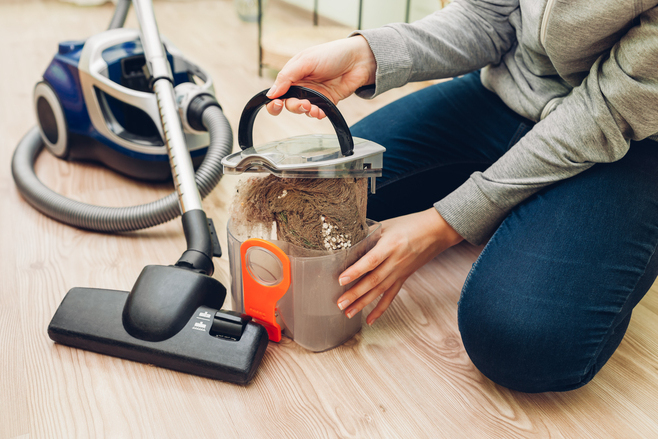
Vacuuming
Regularly vacuuming the house can of course help any dust and dirt from building up. Even so, a musty and bad smell may linger in the home once you've finished vacuuming. This is because vacuum cleaners often pick up dust, hair and other dirt, which then gets trapped in the vacuum bag. This dirt can start to fester in the bag, which is how the unpleasant smell comes about. Fortunately, a simple solution is available to prevent these nasty smells. By spreading a little washing powder on the floor before vacuuming and then picking it up, the delightful smell of fresh laundry will fill your home via the airflow generated by the vacuum cleaner. Replacing the bag in your vacuum cleaner and cleaning the filter can also help.
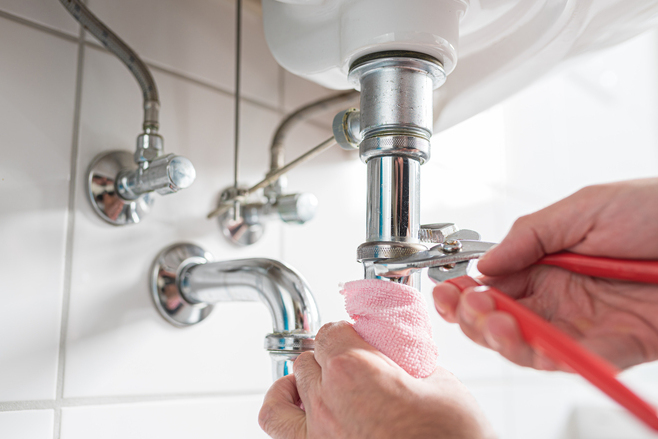
Blocked drains or too little water in the U-bend
Blocked drains or not having enough water in your U-bend can also cause musty and bad smells around the home. These problems cause standing water and waste piling up in your drains, allowing bacteria and mould to grow. These microorganisms then start producing gaseous substances, which can cause an unpleasant smell to spread. Not having enough water in a U-bend can also cause problems. The U-bend is the bend in the drainage pipework below a sink or shower that is filled with water. When the level of water in that U-bend is too low, sewer gases can creep back into the home and cause a nasty smell.

Bins
A bin full of food waste is another common cause of unpleasant and musty smells in the home. This is because the food waste starts to rot, causing bacteria to multiply. These bacteria then produce certain gases and odours, including ammonia and hydrogen sulphide, which start to spread into the air around the bin. These smells can quickly make their way into every corner of your home, and can be tricky to get rid of. As such, it is important to regularly empty and clean your bin to stop the spread of these unpleasant smells.
1. Proper ventilation
Ventilation is the number one solution when it comes to combating bad smells in the home. With a range of options available, there is always a suitable mechanical ventilation system to meet your needs. A decentralised ventilation system is an excellent choice to ventilate specific rooms, such as the bathroom or kitchen, for example. These systems remove any polluted air at its exact point of origin, preventing unpleasant odours from spreading throughout the entire home. A central ventilation system, on the other hand, is perfect as a more comprehensive ventilation solution. These systems provide a constant supply of fresh air and constant extraction of polluted air in all rooms around the home, effectively getting rid of any bad smells along the way. A good extractor hood in the kitchen also comes recommended to remove any cooking odours and grease. Using the extractor hood while you cook will purify the air and prevent any smells from spreading throughout the entire home. Finally, a fan in the bathroom or toilet is another smart way to provide ventilation. These fans help extract humid air after a shower, preventing any mould from forming and stopping or extracting any unwelcome smells. Explore our ventilation solutions below:
2. Get a clearer picture of any damp issues
If you’re still not quite sure whether you actually need a ventilation system, Renson Sense can give you better insight into your indoor air quality. Aside from CO2, Sense also measures other parameters, such as humidity. If the humidity level gets too high, the device will let you know. The app also offers an overview of your historical indoor air quality values, which enables you to decide whether you have a more fundamental problem with humidity. In the latter case, it is probably best to invest in ventilation as soon as possible.
3. Regular cleaning and vacuuming
Regular cleaning and vacuuming is essential to keep your living environment fresh and healthy. Aside from removing any visible dirt and dust, it is also essential to regularly clean the filer in your vacuum cleaner. After all, a blocked filter can cause your vacuum cleaner to spread an unpleasant smell while in use. Regular filter cleaning not only prevents any bad smells, it also stops allergens and other harmful particles from spreading into the air. That way, you can keep your home both clean and fresh.
4. Check the drains and U-bends in your home
Regularly checking drains and U-bends around the home is also important to prevent any unpleasant smells. This is because blocked drains can lead to standing water, allowing bacteria to accumulate, which in turn causes a bad smell. As such, it is important to flush your drains every now and then using hot water and a mild cleaning product. On top of that, U-bends should be checked to make sure they aren't blocked, and to see whether there's enough water in them. These simple bits of maintenance can make a world of difference in keeping the air inside your home fresh and pleasant.
5. Empty your bins in good time
Filled your bin? Taking your bins out in good time and fitting a new binbag prevents waste from sitting around for too long and starting to rot. This in turn prevents any unwelcome smells and the spread of bacteria and mould. This simple habit really helps create a clean and fresh environment, turning your home into a much more pleasant place to spend time. In other words: make sure you regularly take the time to empty your bin to prevent any unpleasant smells.
6. Groom your pets and clean the places they sleep
Properly grooming your pets and cleaning the places they sleep can have a major impact on reducing bad smells in the home. Regularly washing your pets using a suitable shampoo keeps their coat fresh and clean. Don't forget to spend some time cleaning the places they sleep as well: a nice, clean bed will soon stop any bad smells from building up. If your pet loses a lot of fur, it is important to vacuum regularly to prevent that fur from spreading around the home. This meticulous approach will ensure both you and your pets get to enjoy a fresh and pleasant living environment.


